Financial misdiagnosis represents a significant threat to personal financial stability, often stemming from a combination of inadequate financial literacy and reliance on advisors who may not fully grasp an individual's unique circumstances. Such misjudgments can lead to detrimental outcomes, including insufficient retirement planning and suboptimal investment strategies. Understanding the nuances of financial misdiagnosis is essential for cultivating a secure financial future, yet many remain unaware of the potential pitfalls. What are the critical steps one should take to guarantee their financial health is accurately assessed and prioritized?
Key Takeaways
- Financial misdiagnosis leads to misguided strategies and poor outcomes, affecting individuals across various income levels.
- High earners often face misdiagnoses due to inadequate exit strategies and failure to recognize comprehensive financial needs.
- Inaccurate financial assessments can result in significant setbacks, jeopardizing growth and long-term financial security.
- Utilizing reliable diagnostic tools and engaging with experienced professionals enhances the accuracy of financial evaluations.
- Continuous investment education and regular financial reviews are essential for adapting strategies and making informed decisions.
Understanding Financial Misdiagnosis

Financial misdiagnosis is a prevalent issue that affects individuals across various income levels, often resulting in misguided financial strategies and poor outcomes.
This misdiagnosis stems from a lack of financial literacy, which inhibits individuals from accurately evaluating their financial health. Many rely on advisors who may specialize only in traditional markets, overlooking essential aspects of wealth management.
As a result, clients may misidentify their financial issues, leading to ineffective solutions. The consequences can be severe, including inadequate retirement planning and missed investment opportunities.
To combat this, individuals should seek thorough financial evaluations, clarifying their goals and engaging with well-rounded professionals. This collaborative approach can greatly enhance financial outcomes and promote enduring financial security.
Common Misdiagnoses for High Earners
While high earners often enjoy significant income, they frequently encounter misdiagnoses that jeopardize their overall financial health. One common issue is the lack of effective exit strategies, which can leave them unprepared for future shifts.
In addition, many professionals fail to address their all-encompassing financial needs, resulting in inadequate solutions that may not align with their long-term goals. Misunderstanding the importance of tangible assets can further constrain their financial opportunities.
Furthermore, delayed financial planning can lead to poor retirement outcomes, ultimately impacting their quality of life. By recognizing these misdiagnoses, high earners can take proactive steps towards enhancing their financial health, ensuring a more secure and prosperous future.
Importance of Accurate Diagnosis

Accurate diagnosis in financial advisory is vital, as it serves as the foundation for effective planning and investment strategies. Without an accurate assessment, individuals may pursue misguided pathways, leading to financial setbacks.
Financial clarity can only be achieved through an extensive understanding of one's financial situation, highlighting the need for expert evaluation. Professionals equipped with the right skills can identify misalignments between goals and strategies, thereby ensuring informed decisions.
Misdiagnosis not only hampers growth but can also jeopardize financial security. Engaging with knowledgeable advisors nurtures a sustainable financial future, where clients can navigate complexities confidently.
Ultimately, prioritizing accuracy in diagnosis is essential for achieving long-term financial well-being and realizing one's aspirations.
Strategies for Accurate Assessment
Achieving a precise understanding of one's financial landscape is essential for informed decision-making.
To conduct an effective financial assessment, individuals should utilize reliable diagnostic tools that evaluate their current situation accurately. These tools can range from budgeting apps to thorough financial planning software, allowing for a clear picture of assets, liabilities, and cash flow.
Additionally, engaging with experienced financial professionals can enhance the assessment process, as they possess the expertise to identify potential pitfalls and opportunities.
Regular reviews of financial health are vital, ensuring that goals remain aligned with reality.
Ultimately, a proactive approach to financial assessment cultivates informed decisions, enabling individuals to navigate their financial paths more confidently and successfully.
Investment Education and Strategies

Effective investment education is crucial for individuals seeking to navigate the complexities of financial markets and build sustainable wealth. Understanding current investment trends is essential, as they inform strategic decisions and help mitigate risks.
Thorough education resources, such as workshops, online courses, and literature, can enable investors to grasp foundational concepts, asset allocation, and market dynamics. By becoming full-cycle investors, individuals can enhance their capital preservation and growth potential.
Continuous learning is key, as financial landscapes evolve rapidly; staying informed guarantees that investors can adapt their strategies accordingly. Ultimately, a solid educational foundation nurtures informed decision-making, allowing individuals to better identify opportunities and avoid costly missteps in their investment experiences.
Engaging With Financial Professionals
Maneuvering the intricate financial landscape requires more than just knowledge of investment strategies; it also involves engaging with qualified financial professionals who can provide tailored guidance.
Financial advisor engagement is essential for accurately diagnosing financial health and needs. By collaborating with experienced professionals, individuals can avoid common misdiagnoses that often lead to costly mistakes.
This professional collaboration nurtures a thorough understanding of investment opportunities, from traditional markets to alternative assets. In addition, a skilled financial advisor can help clarify goals, ensuring that strategies align with long-term aspirations.
Ultimately, forming these vital partnerships enables clients to navigate their financial paths effectively, enhancing their prospects for sustained success and security in an ever-evolving economic environment.
Frequently Asked Questions
How Can I Identify a Financial Advisor's Qualifications?
To identify a financial advisor's qualifications, examine their certification credentials and relevant advisor experience. Look for recognized certifications, such as CFP or CFA, and assess their track record in handling diverse financial scenarios for ideal client outcomes.
What Are the Signs of Financial Misdiagnosis in My Situation?
Signs of financial misdiagnosis in your situation may include persistent financial stress, frequent budgeting errors, and misalignment between your financial goals and strategies. Engaging a qualified advisor can clarify these issues for improved financial health.
Can I Change My Financial Advisor if I'm Unsatisfied?
Much like a farmer changing crops for better yield, you can swap advisors if you're unsatisfied. Prioritizing client satisfaction guarantees your financial growth aligns with your goals, cultivating a fruitful partnership.
What Are the Risks of Self-Diagnosing My Financial Health?
Self-diagnosing your financial health exposes you to budgeting pitfalls and investment misconceptions. Without professional guidance, you may misinterpret financial needs, leading to inadequate strategies that jeopardize long-term financial stability and growth.
How Often Should I Reassess My Financial Strategy?
Regularly conduct a financial review, reassess your strategy adjustment, and adapt to life changes. Aim for at least an annual evaluation, or more frequently during significant events, to guarantee alignment with evolving financial goals and market conditions.
Conclusion
In the domain of financial management, avoiding misdiagnosis is akin to steering a ship through treacherous waters; one wrong turn can lead to disaster. By prioritizing accurate assessments and engaging with knowledgeable professionals, individuals can safeguard their financial futures. Investment education serves as a compass, guiding decisions that align with personal goals. Ultimately, a proactive approach guarantees that financial strategies not only protect wealth but also cultivate growth, securing a prosperous future for all.


